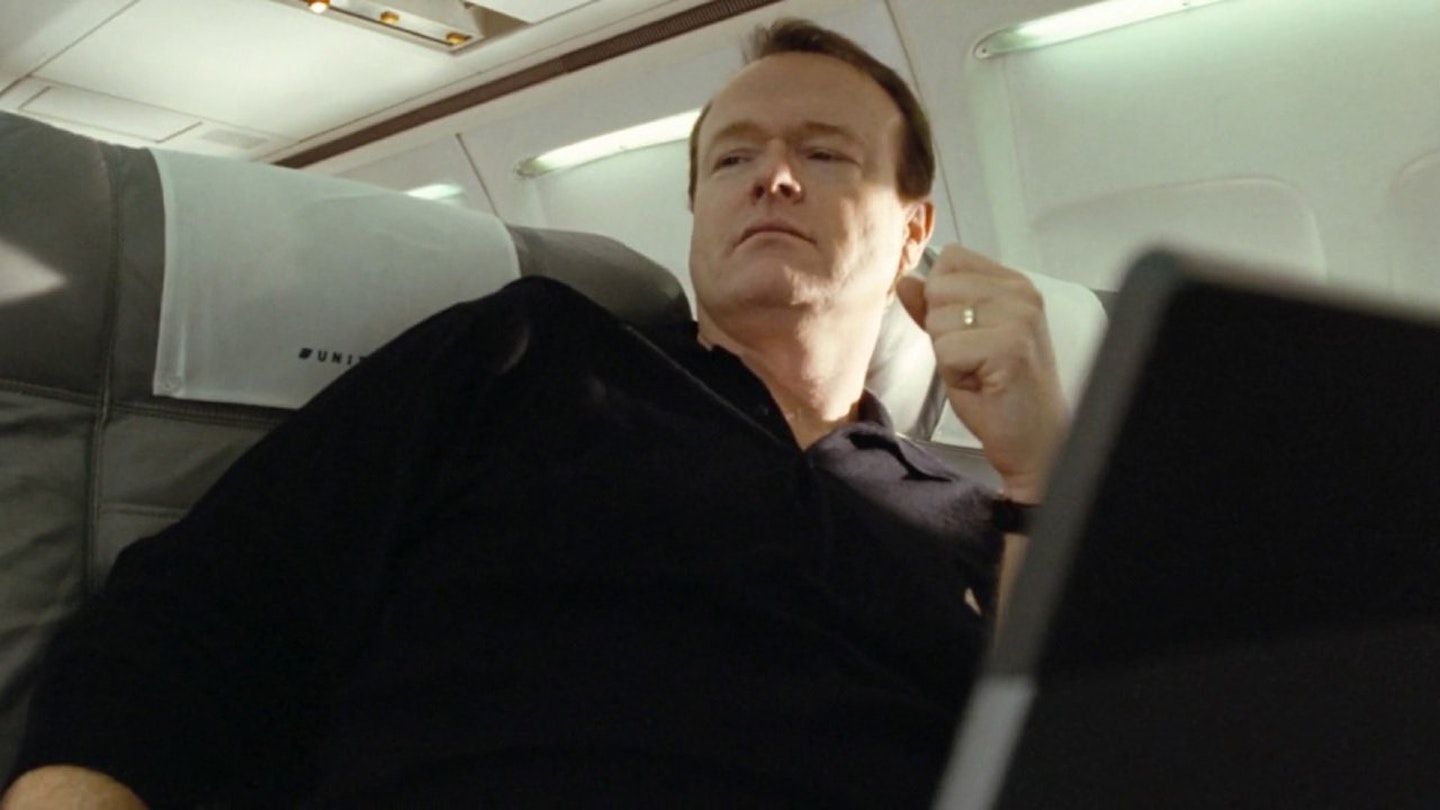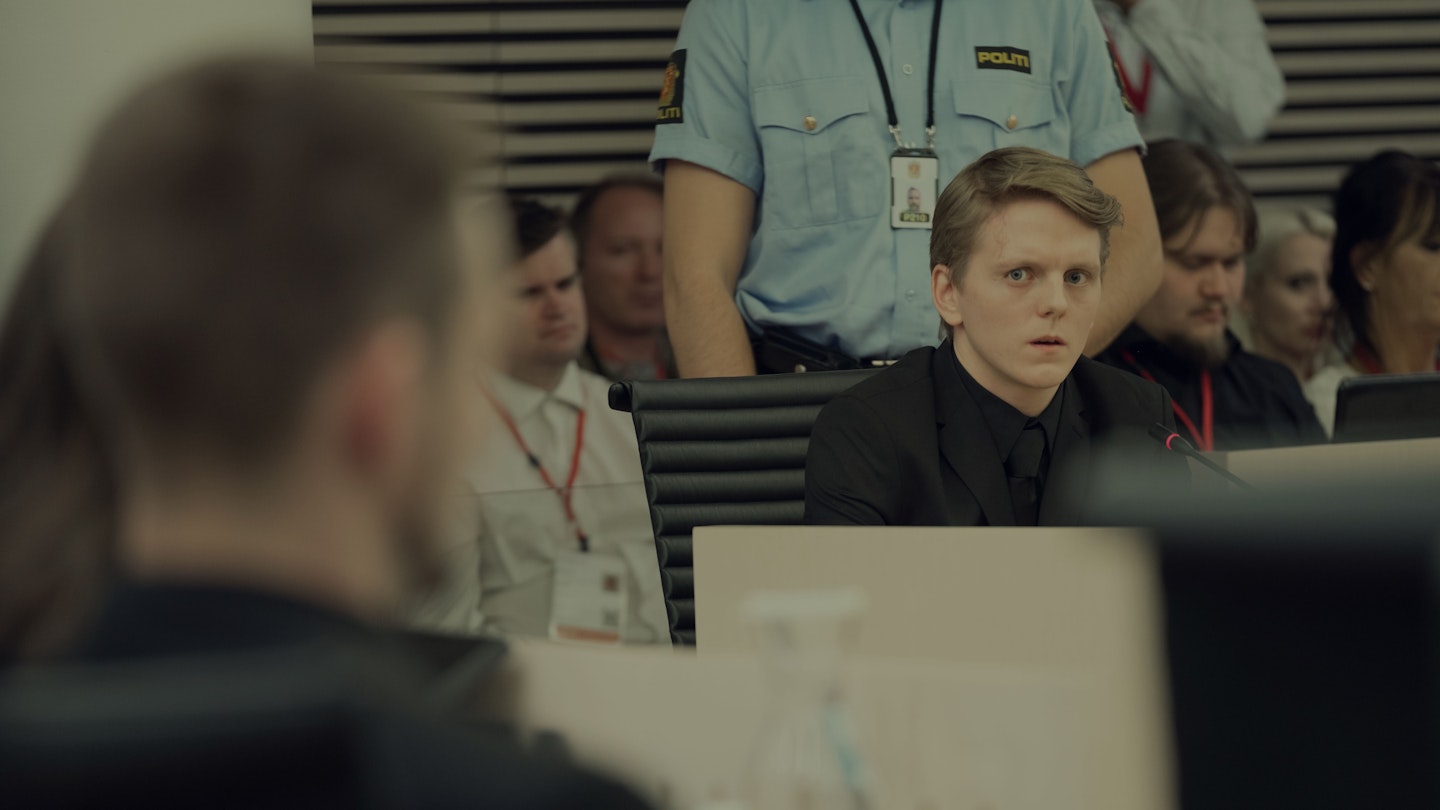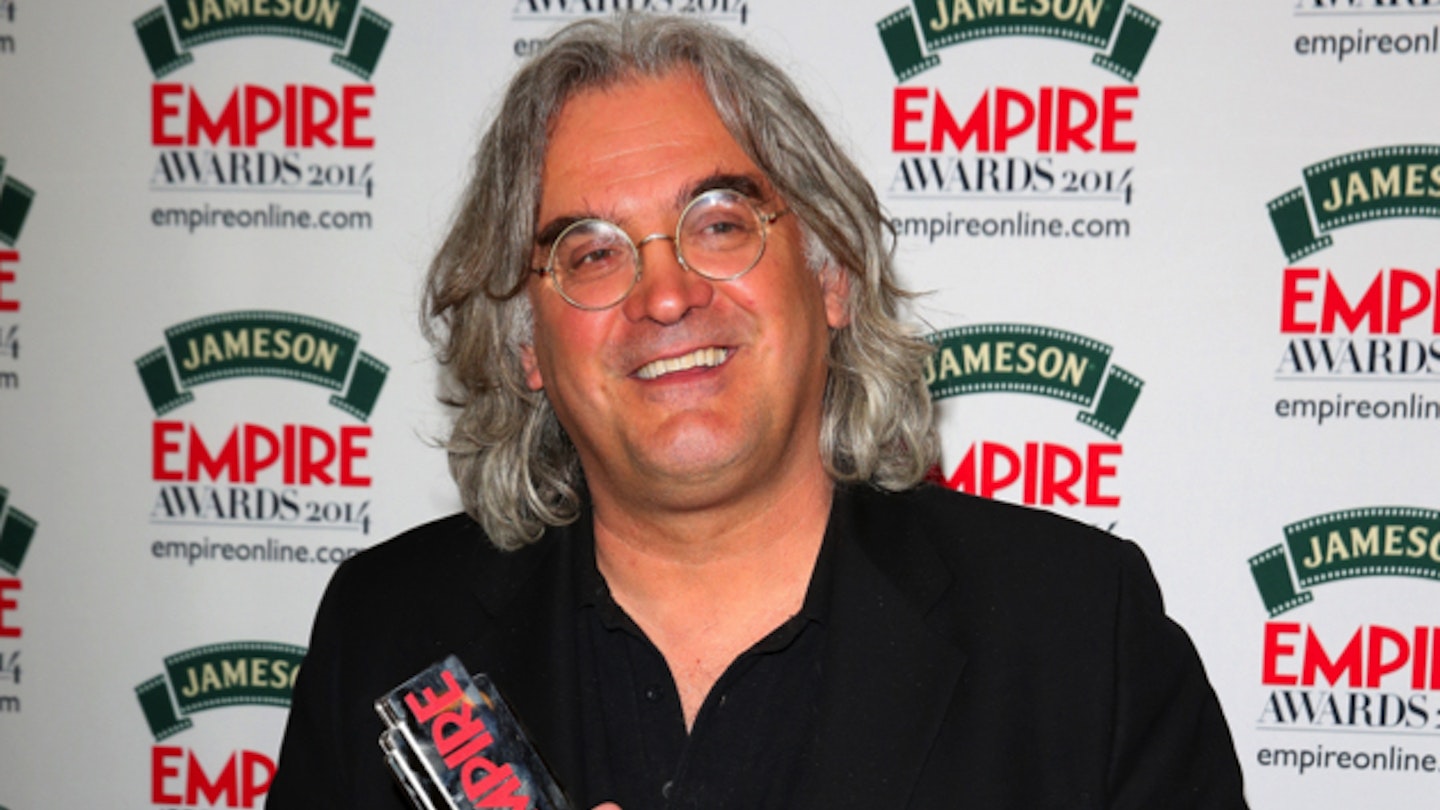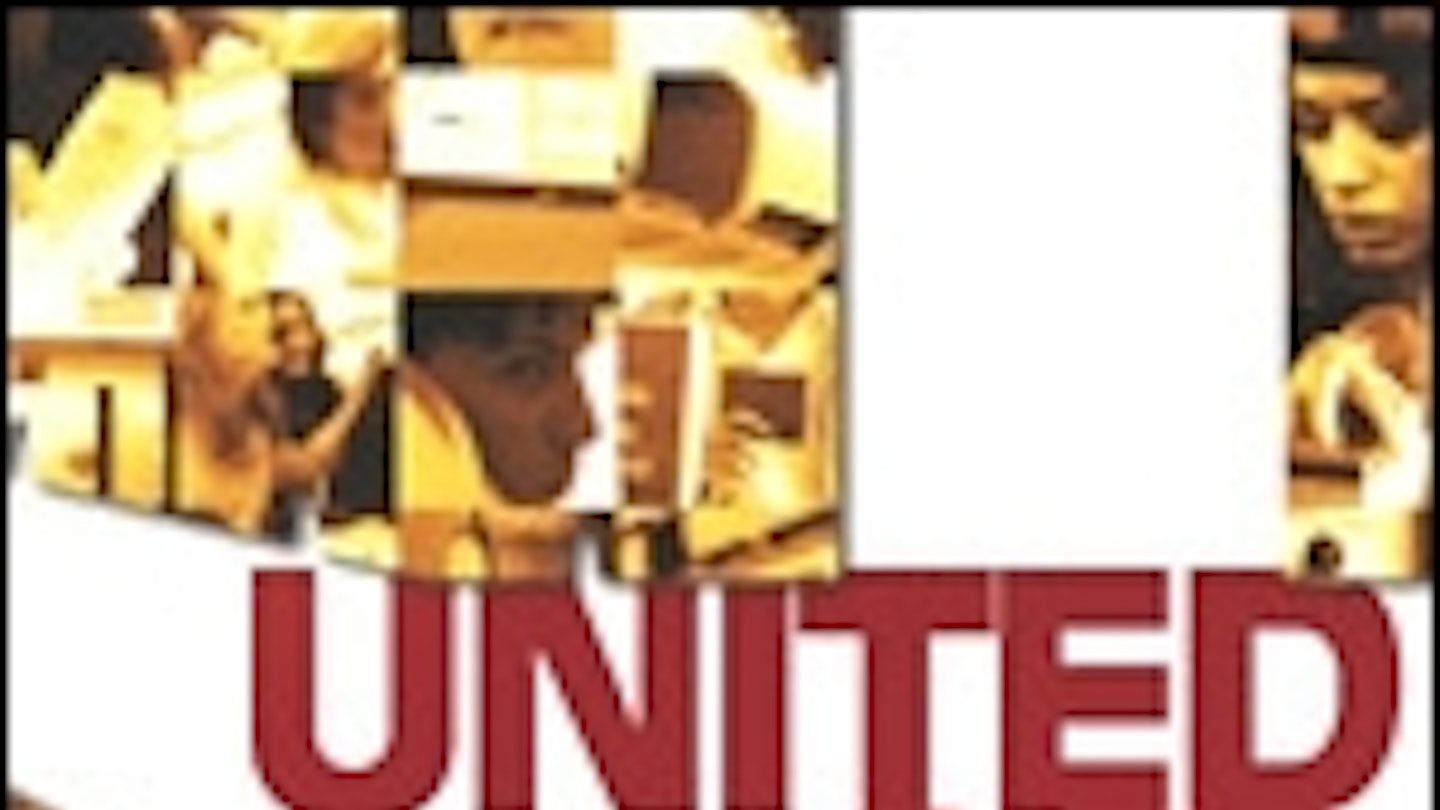This may be the most controversial movie of the year, but director Paul Greengrass didn’t set out to just piss people off with United 93. It’s not like he deliberately solicited those horrified cries of, “Too soon!” which accompanied the film’s Stateside trailer-screenings. Instead, he insists, he’s trying to “find meaning in the events of 9/11”.
In this sense, United 93 makes an interesting companion piece to Michael Moore’s Fahrenheit 9/11. Where Moore focused on the slow Presidential knee-jerk, Greengrass deals with the people on the ground and in the air who had to make tough, quick decisions as they realised this wasn’t a standard hijack-and-make demands affair, but rather an opening salvo in a terrifying new form of conflict. (Indeed, Dubya’s notable only by his complete absence, with references to everyone’s inability to get hold of him to confirm the “rules of engagement”.)
The result is an astoundingly intense pressure-cooker docudrama which plays out — horribly — in almost real-time. With its urgent handheld dynamic and nigh-on unbearable attention to mundane detail, this is reality that bites like a pitbull; we watch as the passengers prepare to board at Gate 17, making final cellphone calls, politely avoiding eye-contact, small-talking in the hushed tones of the mildly tense air-commuter — all alongside the men who will ultimately kill them — and the feel of dread is so palpable as to make us nauseous.
Which hardly recommends Greengrass’ movie as a night-out’s entertainment. Because entertainment it most certainly is not. So what is its value? Whether or not it’s been made “too soon” isn’t the point. The real question is: need it have been made at all? What meaning *do *we find?
As an historical document which should be handled with due care by future generations, it has plenty of value. Its most interesting moments take place in the air-traffic and military command centres. If there’s a ‘star’ here, it’s Federal Aviation Administration boss Ben Sliney (playing himself), whose snap decision to ground more than 4,000 aircraft over the entire United States — all on his first day on the job — proves deeply impressive.
Then there’s the film’s arguable value as catharsis, giving us an unblinking portrayal of what it was like to be one of those passengers. These everyday people, portrayed by virtual unknowns, grasp the true gravity of their situation, make calls to loved ones, organise a counter-attack and, while losing their own lives, possibly save countless others. Interestingly, despite all their families supporting this film, they’re not presented as all-American heroes; rather, their primary concern appears to be self-preservation and, come the strike-back, there’s almost a primal rush to put the boot in.
Yet in terms of finding meaning, United 93 does fall short in one area: its presentation of the hijackers. It opens with their mumblings of the Koran, boldly juxtaposes their prayers with those of the terrified passengers and intriguingly makes the first line of translated terrorist dialogue, “I love you” (via one of those departure-lounge cellphone-calls). But in terms of trying to make sense of why this atrocity occurred, of what the hell was going on in their fundamentalist brains, it achieves little. Of course, Greengrass’ remit was more to deal with the American response, and given he handles that so deftly, this is a forgivable and minor flaw. Still, perhaps we should add this year’s Foreign Language Oscar nominee Paradise Now as a viewing companion. While inferior to United 93, it does offer more insight into how the kind of people responsible for 9/11 are formed.







